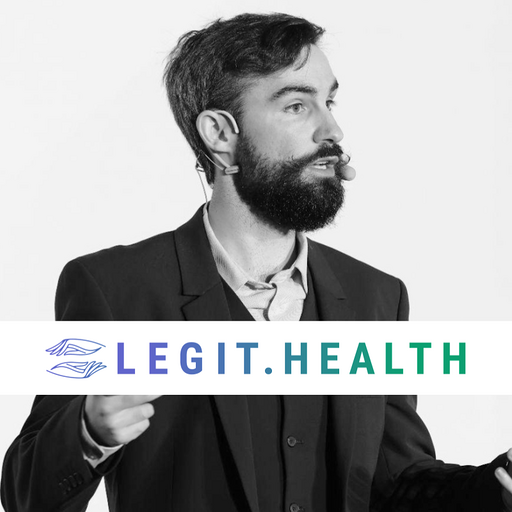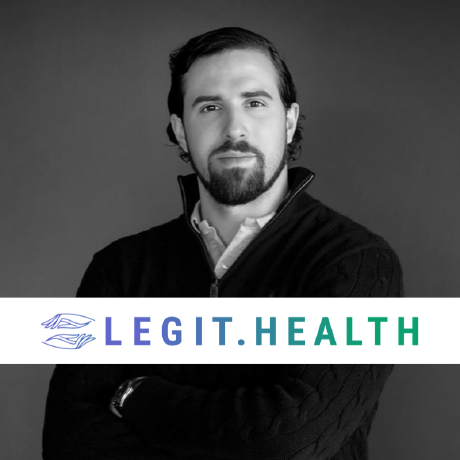Malignant Conditions Represent Only 5% of Dermatological Patients
Dermatology encompasses a broad spectrum of diseases, yet there remains a disproportionate focus on malignant conditions such as melanoma and non-melanoma skin cancers. This narrow approach overlooks the significant global burden of other dermatological conditions, which vastly outnumber malignant diseases.
Melanoma is a very important disease to consider. No one is denying that. It is a malignant disease with a high mortality rate. However, understanding the actual prevalence of dermatological conditions is crucial.

